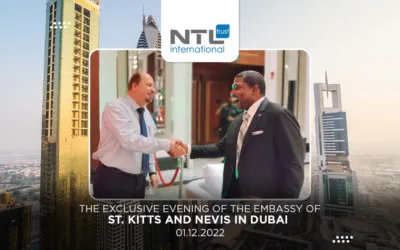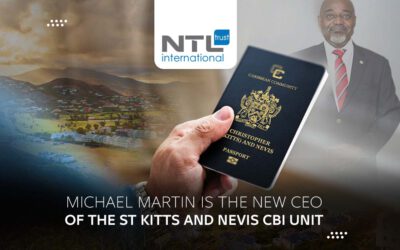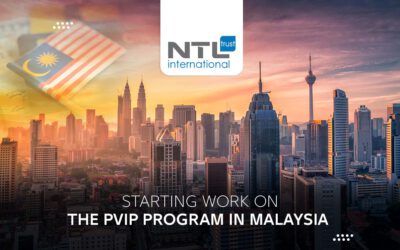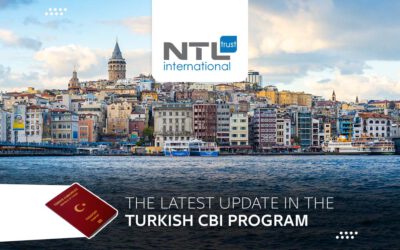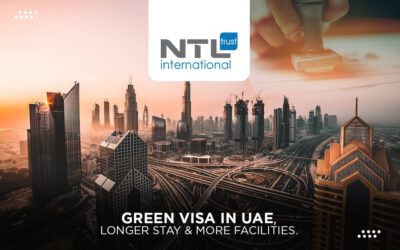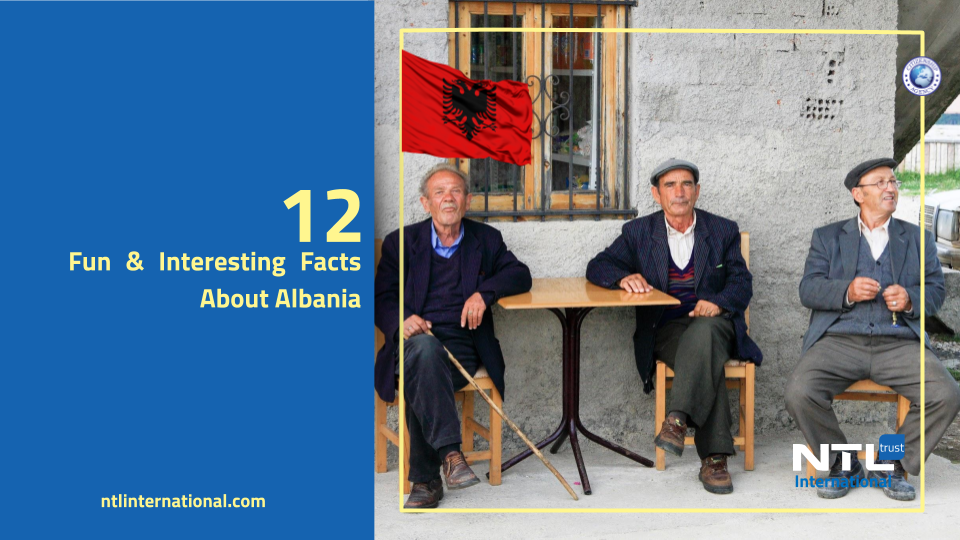
12 Fun & Interesting Facts About Albania
Here are some fun & interesting facts about Albania:
- In the evenings, the locals like to walk. But it’s not just a walk, it’s an official evening walk where every resident comes out to stretch their legs and catch up with their neighbors. Everyone gathers at various places, walking and talking until nightfall.
- When an Albanian is agreeing with you, he or she will shake their head, and when they are disagreeing with you, they will nod. Be warned and avoid confusion. Yes, means no and no, means yes.
- The heroine of Albania is Mother Teresa. She was born in Skopje, which is now a part of Macedonia, and is one of the most beloved religious figures of the 20th century. She is the only Albanian to win a Nobel prize.
- More Albanians live outside the country than within: The Albanian diaspora is vast, stretching from its neighbors such as Greece and Turkey to further afield nations such as the US and Canada – so much so that it is believed that the number of Albanians living outside Albania is greater than the country’s population of nearly 3 million.
- Tirana, the capital of Albania has a lot of things in common with other European capitals but there is one thing different. It’s one of the only capitals without a McDonalds (as well as the Vatican City).
- You can’t set your clock by Albanian buses: Albanian buses (called furgons) have no timetable, they depart when they are ready or full.
- In 1995, drivers in Shkodër in northern Albania refused to pay a 2,000-lek (£13) traffic light tax, because their city has no traffic lights. “It is absurd,” one driver told Reuters at the time.
- It has loads of flowers: Though small, Albania boasts more than 3,250 species of plants, which accounts for 30 percent of all flora in Europe. The best places to see the country’s colorful stock is its national parks, of which there are 15.
- No medals: Albania has never won a medal at the Olympics. Its most popular events are weightlifting, shooting and wrestling.
- The traditional dress of Albania uses wool, cotton, and silk, with embroidered patterns and symbols like the silver and gold Albanian eagle. Other symbols include moons, stars, suns, and snakes. Each region has its own traditions. If you’re looking for a good gift to take home, try buying a pair of Opinga – the traditional shoe worn by both men and women.
- The eagle is the national symbol of the Albanians. The current Albania flag carries a black-headed eagle against a red background.
- The people of Albania are known for their products made of wood, metal, copper, leather, wool, gold and silver such as jewellery, pottery, musical instruments and carpets. The country is famous for making handmade carpets of the finest wool and unique art forms that have made it a distinctive mark in Albanian industries. It is also known as the manufacture of a traditional musical instrument called Cifelli, which contains two strings and is used in northern Albania and Kosovo. Beauty products are very popular for their quality, making visitors to Albania to buy these items as collectables and souvenirs.
The special evening of the Embassy of St. Kitts and Nevis in Dubai
The special evening of the Embassy of St. Kitts and Nevis in Dubai was on December 1st.
Michael Martin is the new CEO of the St Kitts and Nevis CBI Unit
Michael Martin has been announced as the new CEO of CBI Unit in Saint Kitts and Nevis.
Starting work on the PVIP program in Malaysia
Starting work on the PViP program in Malaysia with the beginning of last October
The latest updates in the Turkish CBI law through real estate ownership
With the beginning of the new year, work will start in accordance with the latest updates of the Turkish CBI Law through real estate ownership.
Green Visa in UAE, longer stay & more facilities
Recently, the UAE has started receiving applications for Green Visas/residence permits.
As part of an ongoing effort to create new opportunities and attract a larger audience of investors and entrepreneurs, the UAE has introduced a new visa that allows its holder to reside in Dubai for 5 years, with the possibility of renewal.

